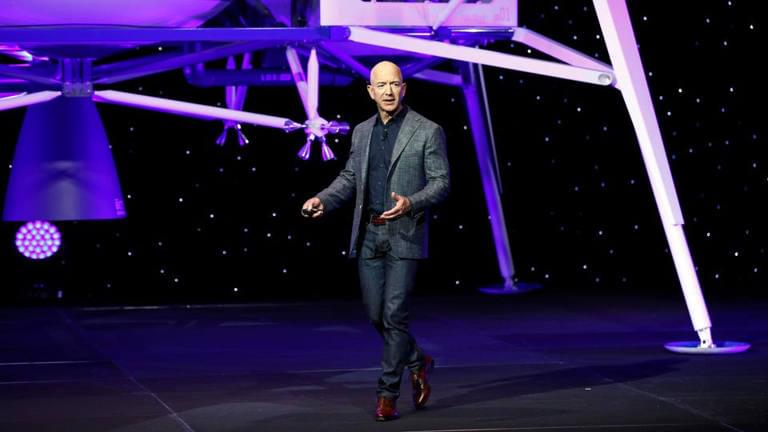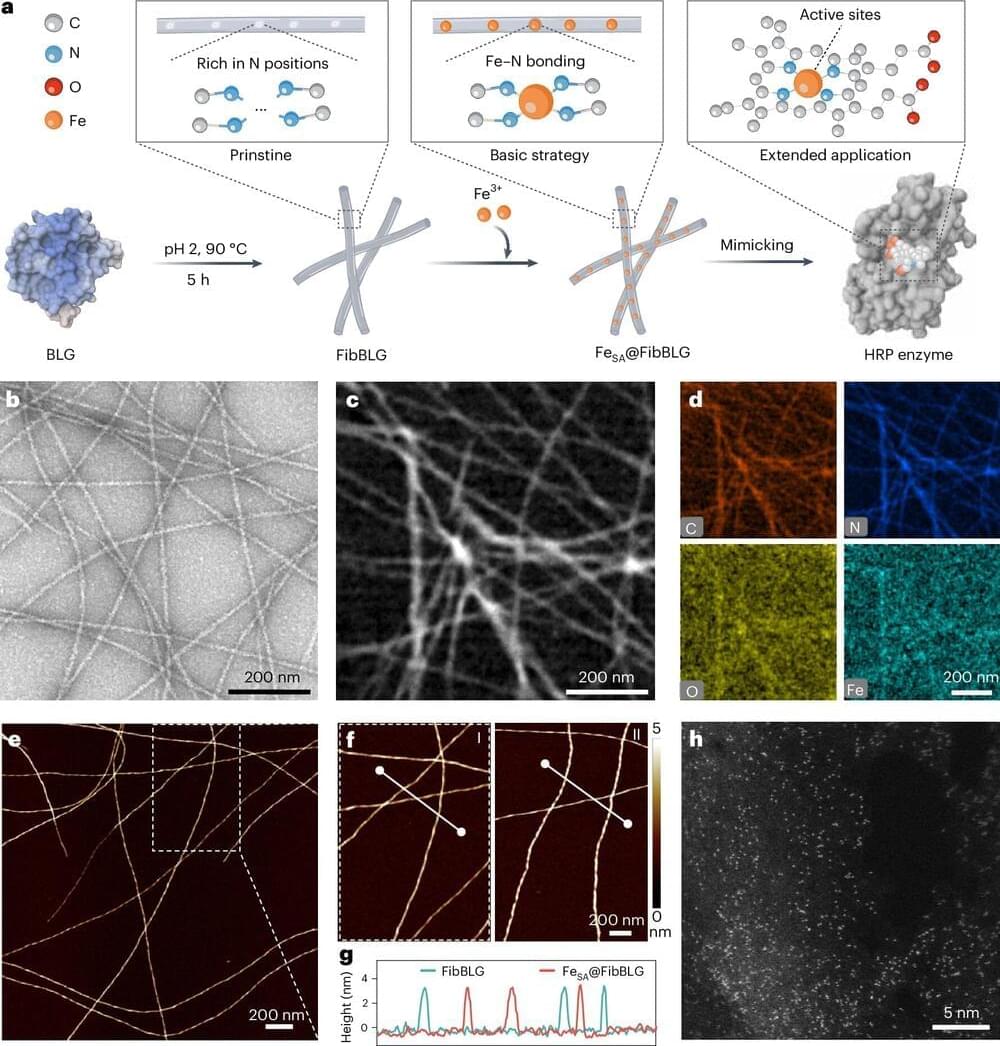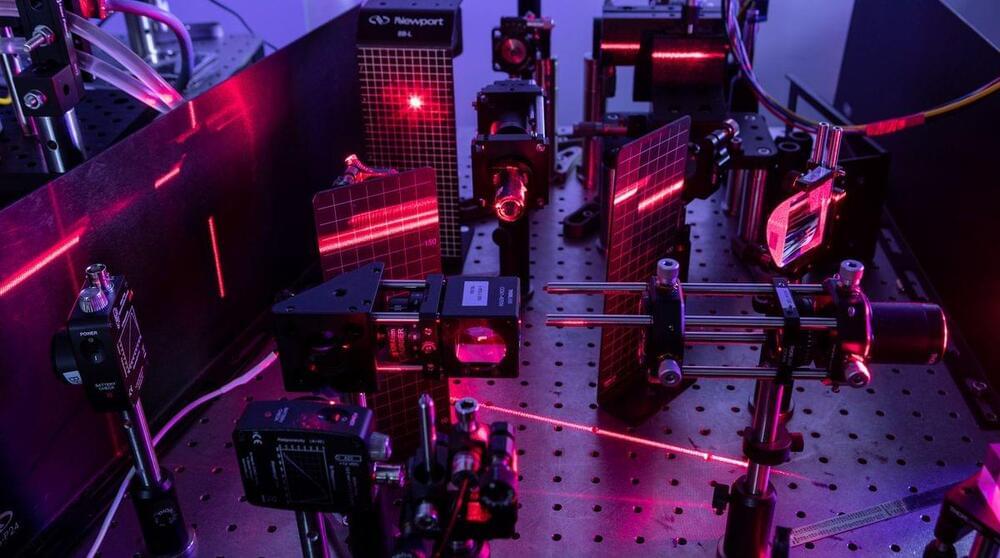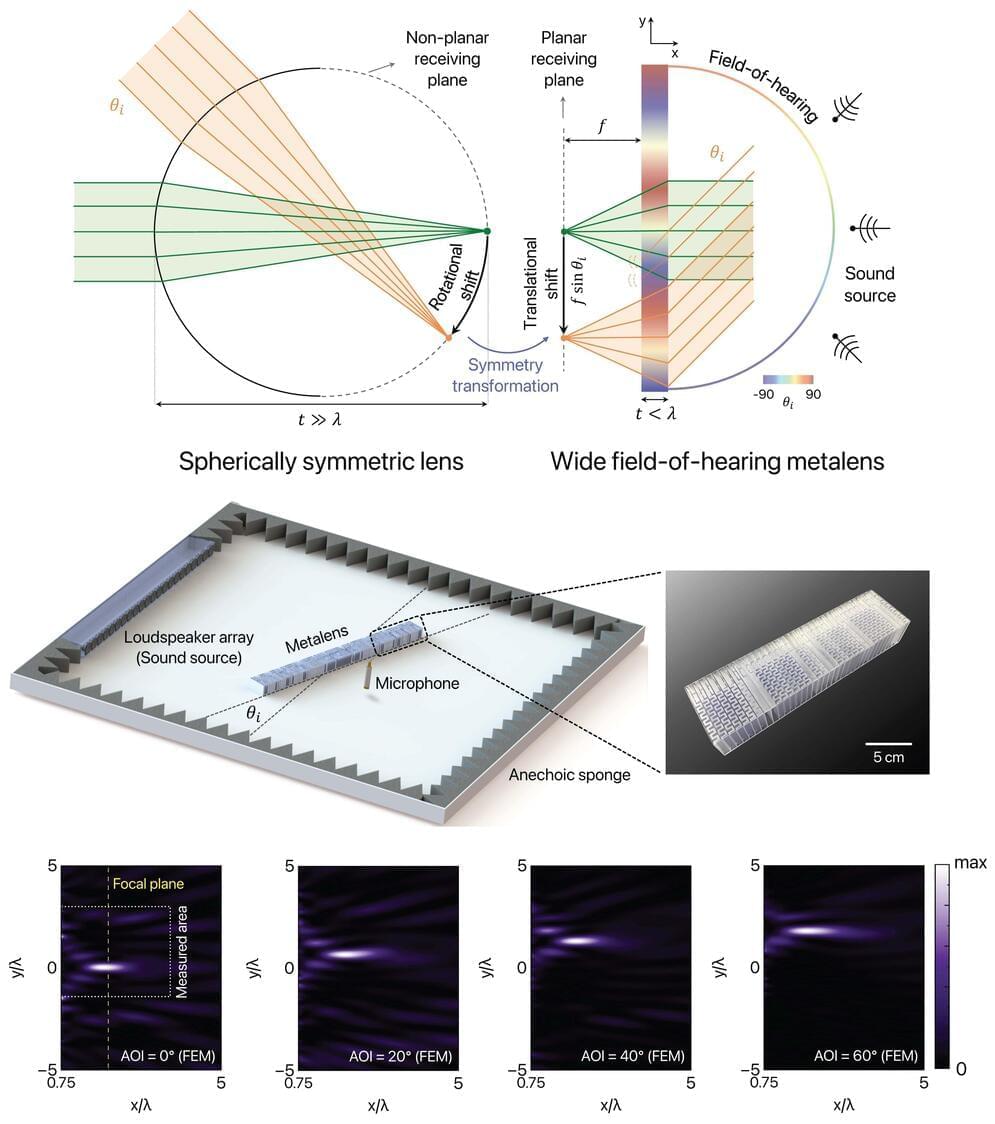May 15, 2024
Researchers use AI to boost image quality of metalens camera
Posted by Shailesh Prasad in category: robotics/AI
Researchers have leveraged deep learning techniques to enhance the image quality of a metalens camera. The new approach uses artificial intelligence to turn low-quality images into high-quality ones, which could make these cameras viable for a multitude of imaging tasks including intricate microscopy applications and mobile devices.


















